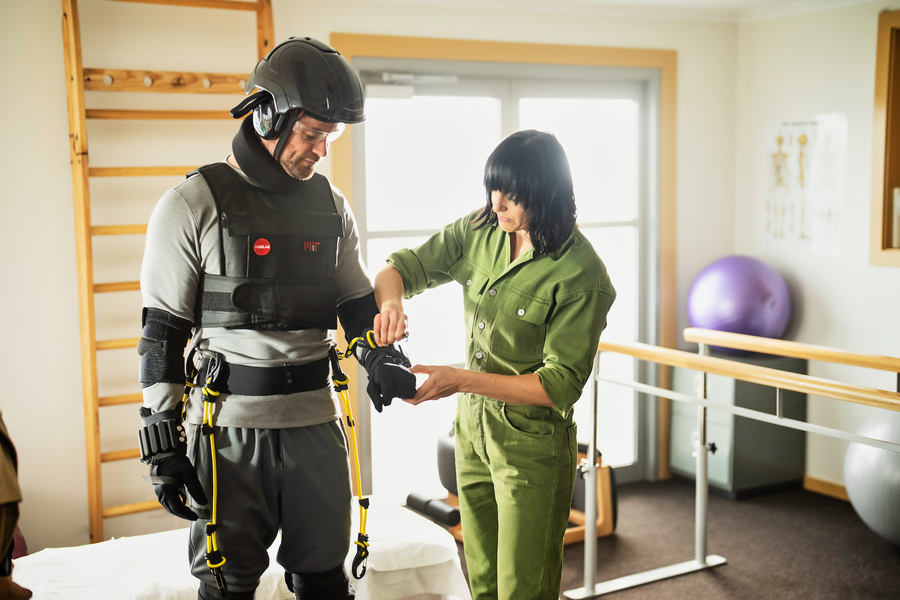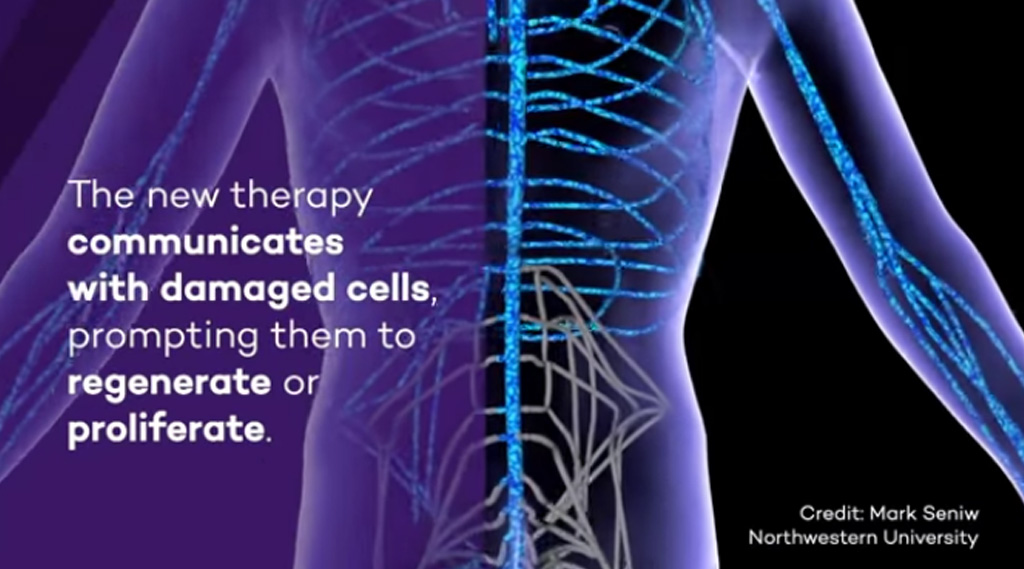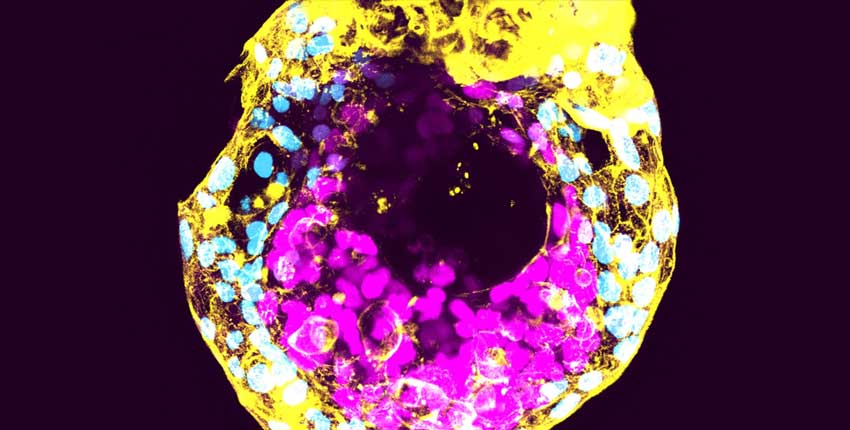Students, researchers, and actors don AGNES for a taste of the friction, frustration, and fatigue that older adults often experience.
Visitors to MIT’s AgeLab in the Center for Transportation and Logistics are greeted silently by a shiny mannequin in a jumpsuit and chunky red goggles, standing a little ominously in a glass-walled studio. While the mannequin itself cuts a striking appearance, it’s the accessories under the jumpsuit that are the real attraction: a collection of weights and bungie cords, some unwieldy gloves, and a pair of Crocs with blocks of foam glued to the bottom of them — as well as the red goggles.
Taken together, these items make up AGNES, which stands for the Age Gain Now Empathy System. AGNES is an empathy and research tool designed by the MIT AgeLab to simulate for the wearer some of what it may feel like to live in one’s early 80s with a few chronic health conditions. The weights approximate muscle loss, the bungies the reduction of range of motion and flexibility that can affect the joints with age. The foam-platform Crocs simulate the erosion of balance, and the heavy, awkward gloves evoke the loss of tactile sensation. Finally, the red goggles simulate a range of impairments to vision, from impaired acuity to diabetic retinopathy




